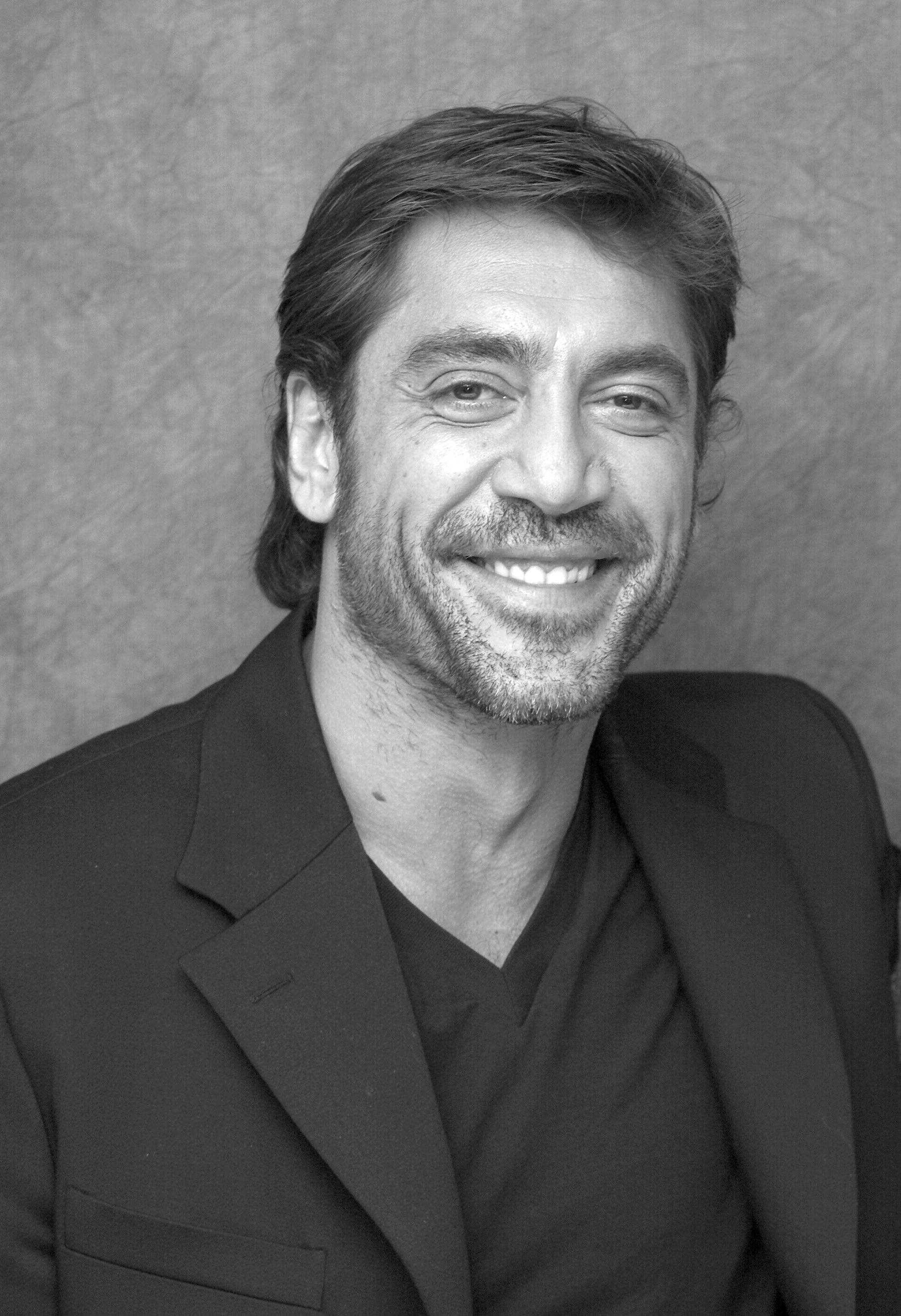
- Interviews
Out of the Archives, 2004: Javier Bardem on the Right to Die
Javier Bardem, nominated as Best Actor for the Golden Globes and the Academy for his performance as Ricky Ricardo in Being the Ricardos, spoke to the journalists of the Hollywood Foreign Press in 2004 about the Spanish movie Mar adentro (The Sea Inside) directed by Alejandro Aménabar, Golden Globe winner as Foreign Picture in 2005. He supported the fight of Ramón Sampredo for the right to end his life, after becoming a quadriplegic at age 25 in a diving accident. Spain finally legalized assisted suicide in March 2021. Belgium, the Netherlands, Canada, and New Zealand also decriminalized it. In the U.S. California passed the End of Life Act in 2016, many other states have Medical Aid in Dying legislation, starting with Oregon in 1997.
Bardem was already familiar with the real person he was portraying in the movie but learned more about him while preparing for the role: “Ramón Sampedro was a very known person in Spain. His case created a huge dispute back in 1996 when he was trying to protest his own right to die. Back at the time, I had my own opinion, but since I read the script I had the chance to know much more about the character, then I was very surprised to find somebody that was very positive. He had this sense of humor so powerful, he wasn’t stuck in the sorrow or in the pain or in depression, he was a very bright person. I read the two poetry books that he wrote, and another book with all his thoughts about important issues like life, love, death, church; so that helped me to understand him even better.”
Bardem felt sad that this man wished to die, but realized that he had to understand and respect his wishes: “You approach the role with your judgments and you say that, if he wanted to do that, I have to respect it, but when you start to know the person, the human being, how he changed people around him, how he was able to tolerate different behaviors, even if they were against him, then you start to love him. So I had that problem as an actor, I didn’t want him to pass away and that is when I really understood what he was talking about. ‘It is not that I cannot live, because I can write, I can love and be loved, I can live a normal life under some circumstances, which I don’t want. Are you willing to respect my desire over your own needs of possession or are you going to tell me that I have to keep on surviving because you feel like that’s what I should do?’ Then from that moment I really understood my character from the inside and the kind of tolerance that he was asking from all of us.”
Other individuals paralyzed from the neck down after a spinal cord injury, such as Christopher Reeve, chose to live, but both choices should be respected: “There are many Christopher Reeves out there that are not famous, and I had the chance to meet some of them in the hospital where I spent 3 weeks talking to the real people, and all of them choose to live rather than to die, but they knew, understood and respected profoundly Ramón Sampedro’s desire much more than some institutions that are supposed to talk on their behalf because they have been there and they know how difficult it is to overcome those situations. I truly admire, respect, and support a person like Christopher Reeve that choose life and so did his family, his wife, his daughters, his son, which must be not easy, as much as I respect somebody like Ramón Sampedro that after thirty years of debate with himself, choose something because he felt that his life was undignified.”
This is how Bardem felt about the moral objection to suicide: “Ethics and morality are not the same. Ethics are based on human behavior and morality comes from dogmas and the use of those dogmas in order to construct behaviors so they can control people. Why do people get so crazy when a 60-year-old man, after 30 years of debate with a mature choice and a strong will of dying says, ‘I want to pass, I want to stop this because it’s unfair for me.’ And why people don’t get crazy when we are bombing innocent countries without asking those people if they want to die. That’s pretty amazing to me.”
Bardem defended his own right to speak about political issues, such as the war in Iraq, raging at that time: “The role of an actor is like the role of any citizen. A lot of people in the film industry in Spain about 2 years back in 2002 expressed what we thought and condemned what we still think it’s an illegal and immoral war. We didn’t speak like actors or artists, we spoke like citizens, as many millions of people spoke out worldwide. We have a duty to do that because we have a voice and it’s a powerful thing. You have to take care of not manipulating that in order to get attention for yourself, but you have to use that voice in order to talk for the people that cannot talk for themselves.”

